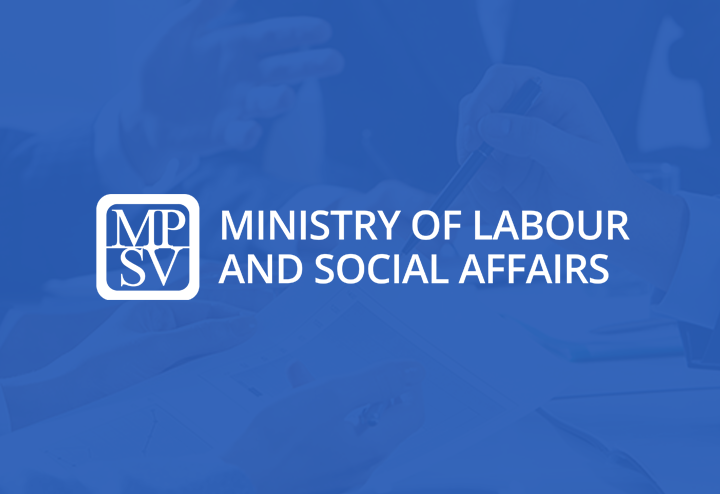Although the average earnings in the Czech Republic are increasing year-by-year, the income gap between women and men remains. According to the latest Eurostat statistics, women currently earn on average 20.1 percent less than men. Symbolically, they work part of the year for free. This year, it has been since October 19, 2020. In the European comparison, we are consistently in the second to third worst place in this respect. The difference between the average salary of a woman and a man in the Czech Republic is almost CZK 7,500 per month. Due to the pay gap between women and men, family budgets average less than CZK 90,000 a year.
Even though there are efforts to maintain confidentiality about earnings in the Czech Republic, according to a public opinion poll the vast majority of respondents would welcome greater openness of employers regarding remuneration. As many as 88 percent of respondents would require every company or organization to state a wage range when advertising a job, which is already standard in many countries. Slovakia has recently joined them, publicly stating the basic component of wages.
The extent of the problem is also evident in the fact that half of Czech women think that they do not have a chance to get the same wage or salary as men for the same work done. This is confirmed by analyses done by the systemic project 22% TOWARDS EQUALITY at the Ministry of Labour and Social Affairs. The difference in earnings between women and men, for the same job, the same employer and taking into account the amount of experience and education, is still around 11 percent on average.
The biggest pay gaps are in sectors where there is a high concentration of women. In health and social care they reach up to 30 percent. The differences are related to the fact that senior and managerial positions in these sectors are often held by men, while women are in lower paid positions. At the same time, it is the sector with consistently lowest earnings. At the same time, women in Czech society have the most responsibility in the domestic sphere, including childcare, upbringing and family management, as well as care for aging parents. During the course of the anti-pandemic measures this problem is visible, for example, in the situations of doctors, nurses and caregivers in social services. They are forced to solve the dilemma of whether to take care of those in need or their own family.
One effective way to reduce the gender pay gap is to increase pay transparency. Many employers do not intentionally pay unequally. Instead, it may be caused by stereotypes, unclear remuneration structures and unsecured wage growth practices. Therefore, as part of the 22% TOWARDS EQUALITY project, the MoLSA offers employers to try free of charge the Logib tool. Using Logib they can identify where any inequalities arise and then work to eliminate them. This tool is suitable for employers from the private and public sectors with more than 50 employees. Many companies and authorities have already taken advantage of this offer.
Project 22% TOWARDS EQUALITY also offers a number of other tools, such as an online calculator for the real earnings of women and men by region, field, type of employment, age and education. Furthermore the project offers web counselling for anyone who deals with the personal situation of equal pay, as well as methodologies for labour inspection and labour offices, mentoring, and also analytical and consulting activities. As part of the annual Equal Pay Day event, the project participates in mentoring. This year, for the first time, it is online, on 7-14 November 2020; more info on the website https://www.equalpayday.cz/.
__
